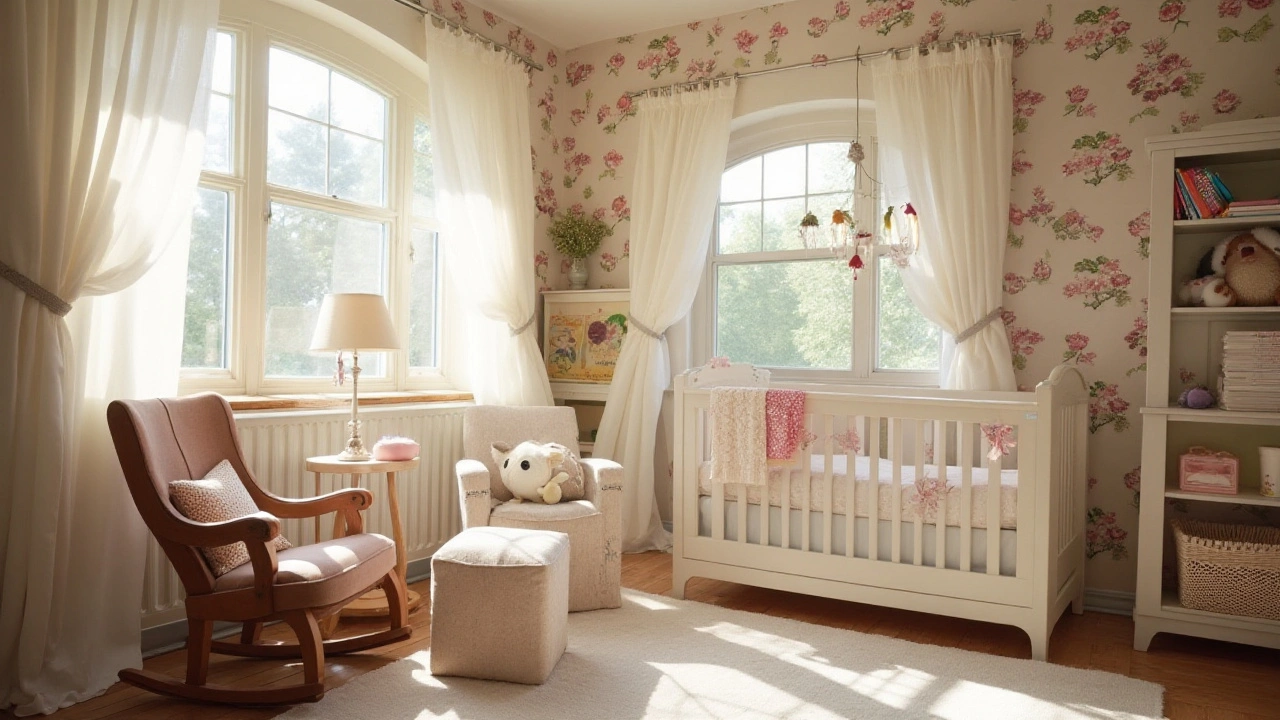Newborn preparation: practical checklist and pharmacy tips
You'll use a thermometer more than you think. Preparing for a newborn is about small things that matter: safe meds, reliable supplies, and knowing who to call. This page gives a clear, no-nonsense plan so you can focus on the baby, not last-minute runs to the store.
What to have before baby arrives
Start with a short, realistic checklist you can actually finish. Essentials: a safe car seat installed, newborn diapers (small and preemie sizes if needed), absorbent burp cloths, a reliable thermometer, nasal bulb or suction device, infant nail clippers, and several swaddles. For feeding: breastfeeding supplies or a few cans of infant formula and clean bottles. For sleep: a firm mattress and fitted sheets for a crib or bassinet that meets Canadian safety rules.
Add a small baby first-aid kit: infant acetaminophen (liquid) and an oral syringe for accurate dosing, saline drops for stuffy noses, and a digital thermometer. Don’t buy adult meds or guess doses. If you plan to use over-the-counter items, talk to your pediatrician first.
Newborn medicines and safe dosing
Hospitals and clinics often offer routine newborn treatments—ask your provider what to expect at birth. For home care, only use medicines labeled for infants and follow the exact dose. Use an oral syringe, not a kitchen spoon. Common rules: avoid aspirin in babies, never give honey to infants under 1 year, and check age limits for ibuprofen. If a fever appears in a baby under 3 months, call your doctor right away.
Keep a clear file with the baby’s birth details, blood type if available, and hospital notes about any injections or meds given at birth. That helps your family doctor or pharmacist advise on follow-up vaccinations and treatments.
For breastfeeding parents, stocking nipple cream, nursing pads, and a simple breast pump can reduce stress. If you’re on prescription meds or worry about interactions while breastfeeding, bring a full list of your meds to the pharmacy or clinic for quick checking.
Pharmacy tip: set up a pharmacy account in advance and transfer any needed prescriptions. Ask about pharmacy services like automatic refills, home delivery, or text reminders. Many Canadian pharmacies can deliver newborn supplies and infant formulas—this saves late-night trips.
Budget tip: compare prices, ask about generic options, and check manufacturer coupons or provincial programs that help with infant care costs. If a prescription is urgent, call ahead so the pharmacy can prepare it before you arrive.
Final practical moves: pack a small baby bag for the hospital with diapers, a hat, and a going-home outfit. Keep emergency numbers and your pediatrician’s contact in a visible spot. With these simple prep steps, you'll handle the first days with less stress and more confidence.

Preparing Your Home for a Newborn: Essential Tips for Expecting Parents
Preparing your home for a newborn is a joyous yet challenging task that requires attention to detail and careful planning. It involves creating a safe space, organizing baby essentials, and ensuring a nurturing environment. From choosing safe furniture to setting up a nursery, prospective parents need to consider every aspect. This guide offers tips and practical advice to ease the transition and make your home ready for the newest family member.
Read more